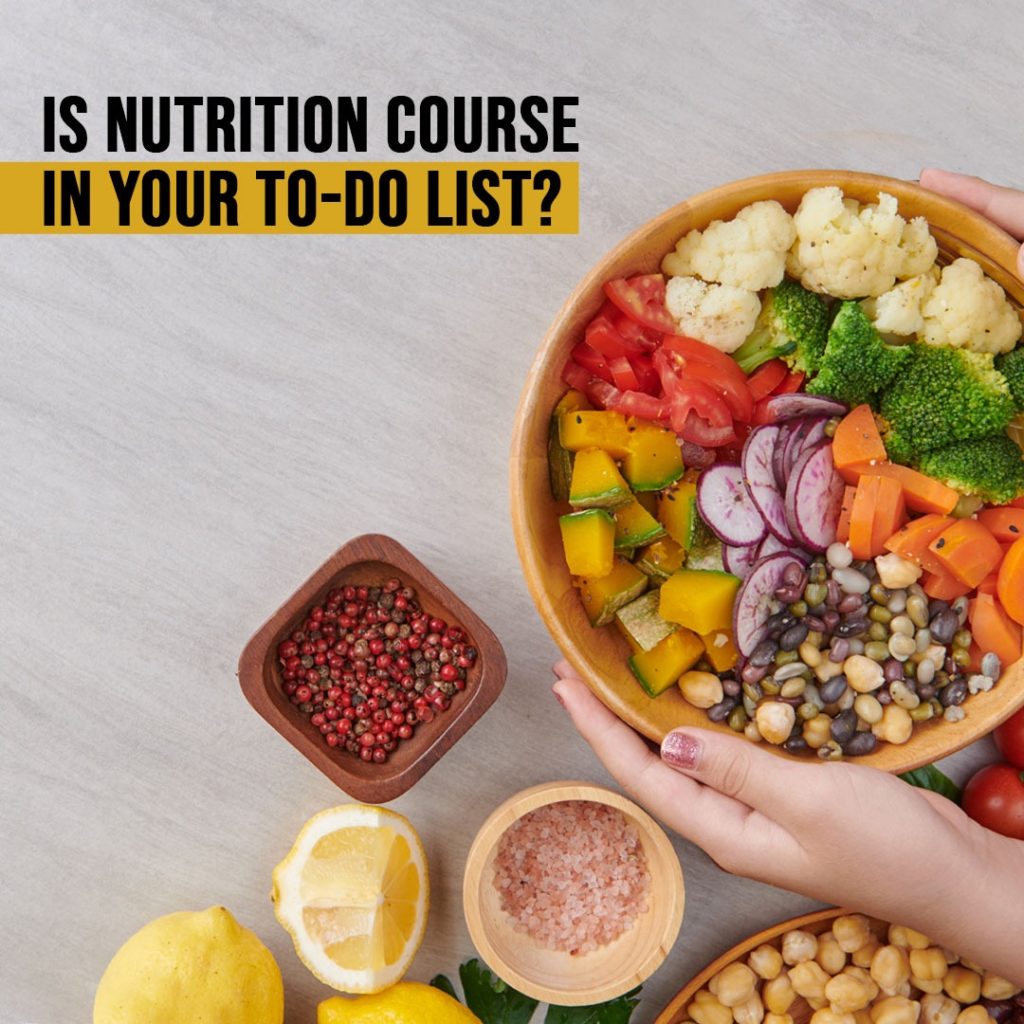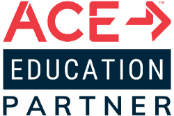
A nutrition course can be the educational boost you want/need, whether you’ve been passionate about nutrition for years or are considering adding nutritional expertise to your Personal Trainer Certification or fitness training job.
However, not all programs are created equal, whether it comes to content, cost, time commitment, and other aspects of the course. If you’re debating whether or not the move is right for you and how to get started, the points below might help:
Why Are You Interested In Learning About Nutrition?
When the “Why” is clear, “How” gets easy. This is a very basic and important question to ask yourself, but also the one that several nutrition students overlook. Determining which type of program is appropriate for you is important and will help you make your career pathway more defined.
Do you wish to assist people in losing weight or look out for sports nutrition of your athletes, or are you more interested in developing disease-prevention and health-optimization food and lifestyle programs? Answer to these questions will help you to identify your “Why” right away to get on the right track.
What Is The Course Format?
There is a number of courses available, ranging from an Online Nutrition Course to live classes. It might be difficult for those already working in the coaching and training sectors to pursue comprehensive nutrition education while still seeing clients and managing family obligations. If that’s the case, you might want to look into a program that fits your schedule and allows you to be more flexible with time and pace. Not all programs ask you to be in-class, choose accordingly.
Course Knowledge Validation.
Everyone has access to the internet which makes it easy to learn or read about nutrition using it, but simply perusing the web and reading random papers and websites does not provide well-rounded knowledge. Instead, you should look for a program/course with a proven educational track record that fits your desired learning style, and have either National or International recognition. This will give you a more comprehensive understanding of nutrition.
Adding Additional Fitness Certification Or Credentials.
If you want to use your knowledge to serve clients, make their food choices better, or help them perform better in sports, enrolling in a program that leads to a strong credential, such as a degree or an additional recognized certification, is a good idea. This will help you increase not only your knowledge in the field of nutrition but also your credibility as a Fitness Professional.
Cost Of A Nutrition Course.
This is a more complicated question than it appears. There’s the “sticker price” of a program, but you should also consider whether there are any fees or other expenditures. A program that requires in-person workshops or a continuing education program every few years, for example, might incur travel expenses, certificate maintenance fees, and exam fees or workshop materials if necessary. Make some calculations about your return on investment, how long do you think it will take to “recover” the program’s cost by taking on your nutritional clients? The answer to this will vary, but you shouldn’t have to pay for your school for years.
Conclusion
Nutrition education is a vast, beneficial start toward learning about healthy eating for many people – prospective customers and yourself. It’s a fascinating field that’s only going to get more popular as consumers gravitate toward more nutritious, more personalized meal planning. But before you jump into any program, make sure it’s the appropriate step for you and that you know where you want to go next.







